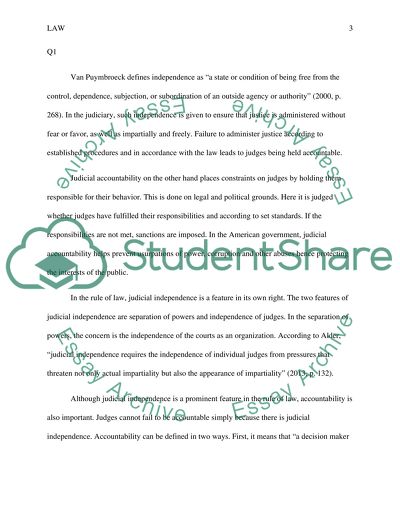Cite this document
(“Final Exam Assignment Example | Topics and Well Written Essays - 1500 words - 2”, n.d.)
Retrieved from https://studentshare.org/law/1677906-final-exam
Retrieved from https://studentshare.org/law/1677906-final-exam
(Final Exam Assignment Example | Topics and Well Written Essays - 1500 Words - 2)
https://studentshare.org/law/1677906-final-exam.
https://studentshare.org/law/1677906-final-exam.
“Final Exam Assignment Example | Topics and Well Written Essays - 1500 Words - 2”, n.d. https://studentshare.org/law/1677906-final-exam.


